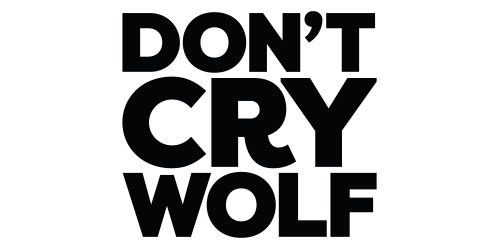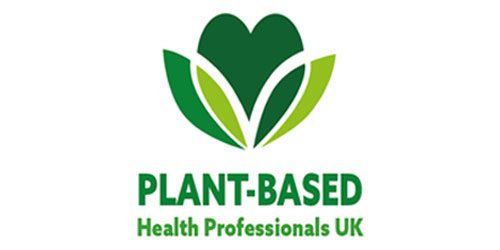scrap factory farming
SCRAP FACTORY FARMING
Theme: Food-based projects
Company/charity name: SCRAP Factory Farming
Where: Hull
When: 10 June 2023
Why this project is important
Let’s be honest, regardless of your food preferences, there is not one person who likes the thought of an animal being caged and denied movement and access to natural sunlight & fresh air for whatever reason.
I am openly plant-based (meaning I don’t eat anything that comes from animals, so no meat, no dairy, no fish, no honey, no eggs), so the thought of eating meat isn’t something that I connect with, but what I personally choose isn’t relevant here.
Factory farming, also known as intensive farming, has increasingly become the prevailing practice, with approximately 70% of farm animals in the UK and up to 99% in the US being raised in this system. Although it has become the predominant model for food production, the detrimental environmental and social consequences are rapidly coming to light.
This is a governmental problem
The problem is NOT personal preference, but the governmental legislation that oversees the conditions livestock is cared for. Yes, when shopping, you can reduce your impact through:
- Eating less (or no) meat and dairy; and,
- Choosing locally sourced and approved pasture-grown meat sources.
But, with 70% of animals being kept in intensive conditions, the only impactful change that can happen is from the ‘top down’, with the government setting a fair standard for raising animals for food production.
What is SCRAP Factory Farming? & Why is it important?
SCRAP is a registered not for profit that petitioned our British government (and the EU) to change the law around allowing factory farms to exist. There is no need for intensive farming (for many reasons shared below) and the government does need to do address these serious concerns.
At the end of September 2021, Environment Agency statistics showed that England has 1,097 poultry farms with over 40,000 birds on each of them and 200 farms with over 2,000 fattening pigs. Animal numbers below these thresholds and for other species are not recorded
Here’s some reasons why factory farming needs to be banned:
- Antimicrobial resistance: The overuse & misuse of antibiotics on factory farms is creating a ‘super bug’ that is resistant to many modern medicines;
- Ecological crisis: The organic waste (posh way of saying poo) created by these intense farms can have a devastating effect on local areas, with rivers and land becoming polluted;
- Higher greenhouse gas emissions: The volume of animals kept in these confined locations is disproportionately contributing to climate change;
- Increased risk of more pandemics: The extreme conditions of animals in confined conditions greatly increases the risk of disease crossing over into other species, including humans;
- It costs us money: Taxpayers’ money subsidised animal agriculture £2.4 Billion in 2020, and with the majority of these intensive farms being owned by just five privately held companies, consumers are paying out for private profits, and many more….
The science is clear. Factory farming of animals is a leading cause of all of the above. It must be scrapped – for the animals, people and planet.
What can i do to get involved
Firstly, thank you for reading this page. The information is quite stark and most people – myself included – want to turn away from this hard truth.
We can all do our bit to stop intensive farming with the first step to only buy accredited meat & dairy where you can visibly see the name of the farm where it was reared (sadly, stop believing the generic ‘organic’ labels in major supermarkets).
The next step is to enforce action from our government to raise standards in animal farms and stop intensive factory farms.
Discover more about SCRAP Factory Farming
FAIRR report on +/- factory farming
Donate for animal welfare in farming
Sign petition to end factory farming
Project Sponsors & Supporters





